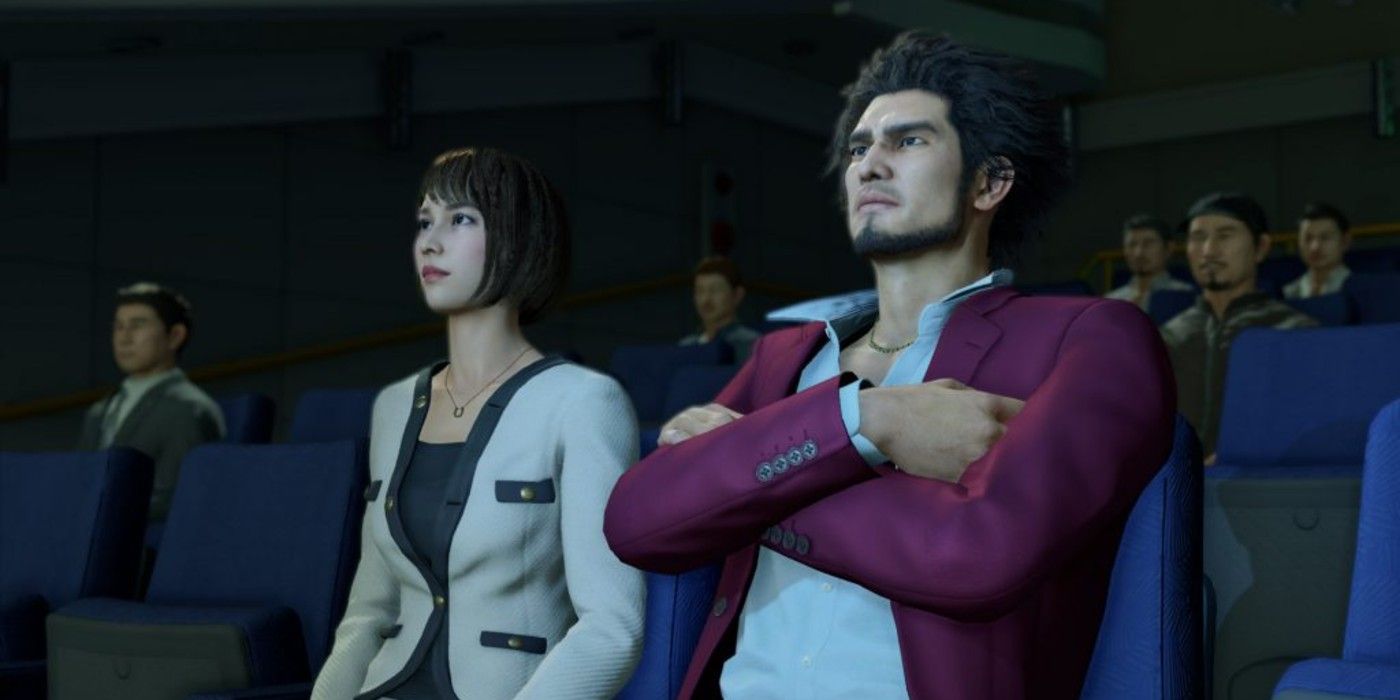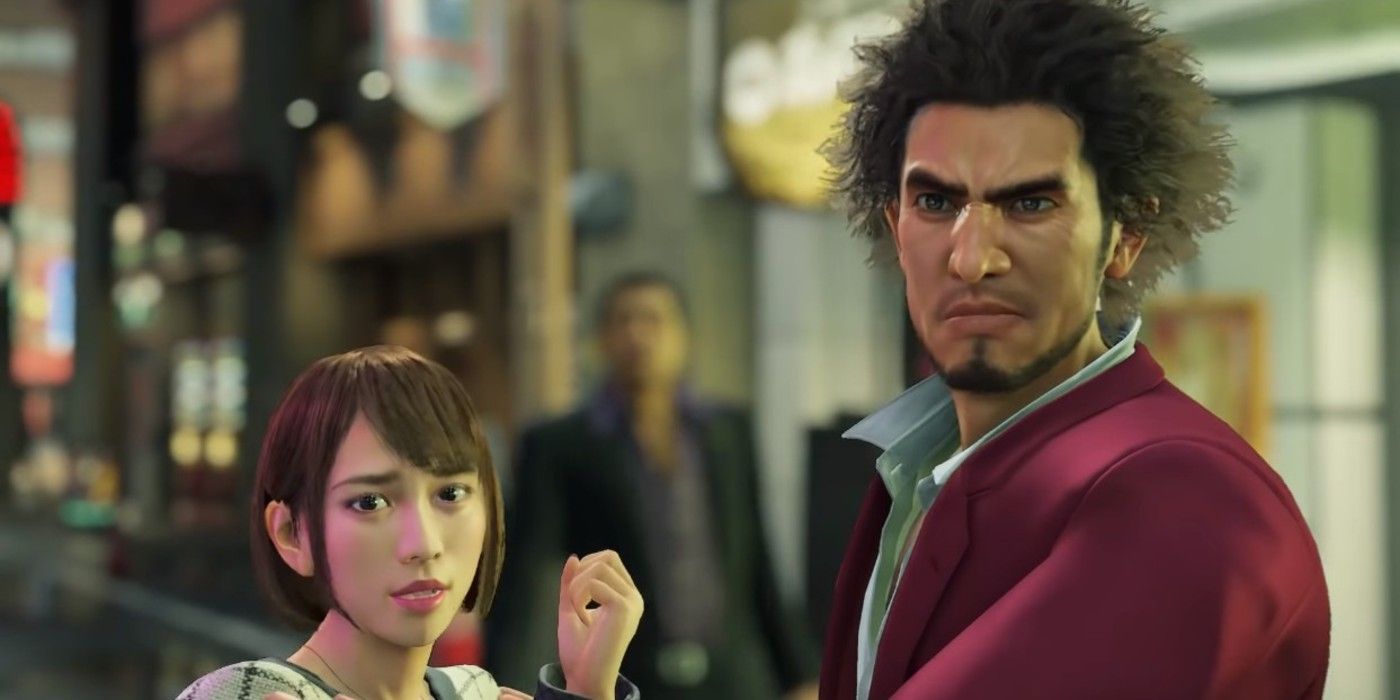The naming conventions of Japanese video game series transitioning to multinational releases often lead to confusing scenarios, and the 2020 video game and 2007 live-action movie both titled, in the U.S., Yakuza: Like A Dragon, is an especially strange example. Gamers are likely most familiar with the recent multi-platform game release, which replaced prior series protagonist Kazuma Kiryu with newcomer Ichiban Kasuga, and traded brawler gameplay for a turn-based RPG format. Diehard fans may also be interested in the 2007 film of the same name, which took a unique approach to adapting the original Yakuza game.
To sort out the name duplication issue requires clarification of the Yakuza series’ title changes. In the U.S. the series is called Yakuza, but in Japan the series has always been Ryu ga Gotoku, which translates to “Like A Dragon.” The US release of the eighth game in the series (including the excellent prequel Yakuza 0) was called Yakuza: Like A Dragon, but in Japan it was titled Ryu ga Gotoku 7.
The series’ name changes accounts for the game, and movie, both being called Yakuza: Like A Dragon in the U.S. The movie itself is both an extremely literal, and very loose, adaptation of the original PlayStation 2 Yakuza game. It appears to follow the same storyline, but it throws the viewer right in without any backstory or context. Instead, it opts to take time to tell other stories in the series’ fictional Kamurocho setting, as if assuming the viewers are already familiar with Kiryu’s story from the game.
How Yakuza's Localization Led To Identical Movie & Game Titles
Like A Dragon: The Movie introduces a heatwave-induced crimewave hitting Kamurocho as a plot device to rationalize much of the outlandish behavior taking place in the film. The director, Takashi Miike, is known for his often gory, surreal, and unpredictable movies, and the Yakuza adaptation had a much more experimental approach than his later, more literal cross-media adaptations, like the live-action Phoenix Wright and JoJo’s Bizarre Adventure films.
The first time Kiryu is introduced in the film, he is already escorting a young girl, Haruka, around the district, searching for her mother. The movie does not bother to explain Kiryu’s personal history with the girl’s mother, or that he served prison time after taking the fall for a crime committed by his former friend, Nishikiyama. When Kiryu confronts Nishikiyama for the climactic battle at Millenium Tower, the movie offers no explanation for why the two bear such hatred for one another, as filmgoers are expected to already know that from the video game.
Instead of retelling the game’s backstory, Like A Dragon: The Movie takes time to develop the setting of Kamurocho through its other residents, such as its tragic side-story about a young couple caught up in a crime spree. It also makes liberal use of the Kiyru’s more over the top “frenemy,” Goro Majima, and much of the violence involving Majima crosses over from brutal to slapstick, which is appropriate both for the often-shocking director Miike, and the Yakuza game series. The scene where Kiryu makes use of the game’s Tauriner X power up item to mystically recover from his wounds and gain superhuman strength in a pivotal fight is surreal, but no stranger than many of Takashi Miike’s other films. Yakuza: Like A Dragon, the movie, certainly would have already been one of the most bizarre video game adaptations without the title duplication adding to the confusion.


